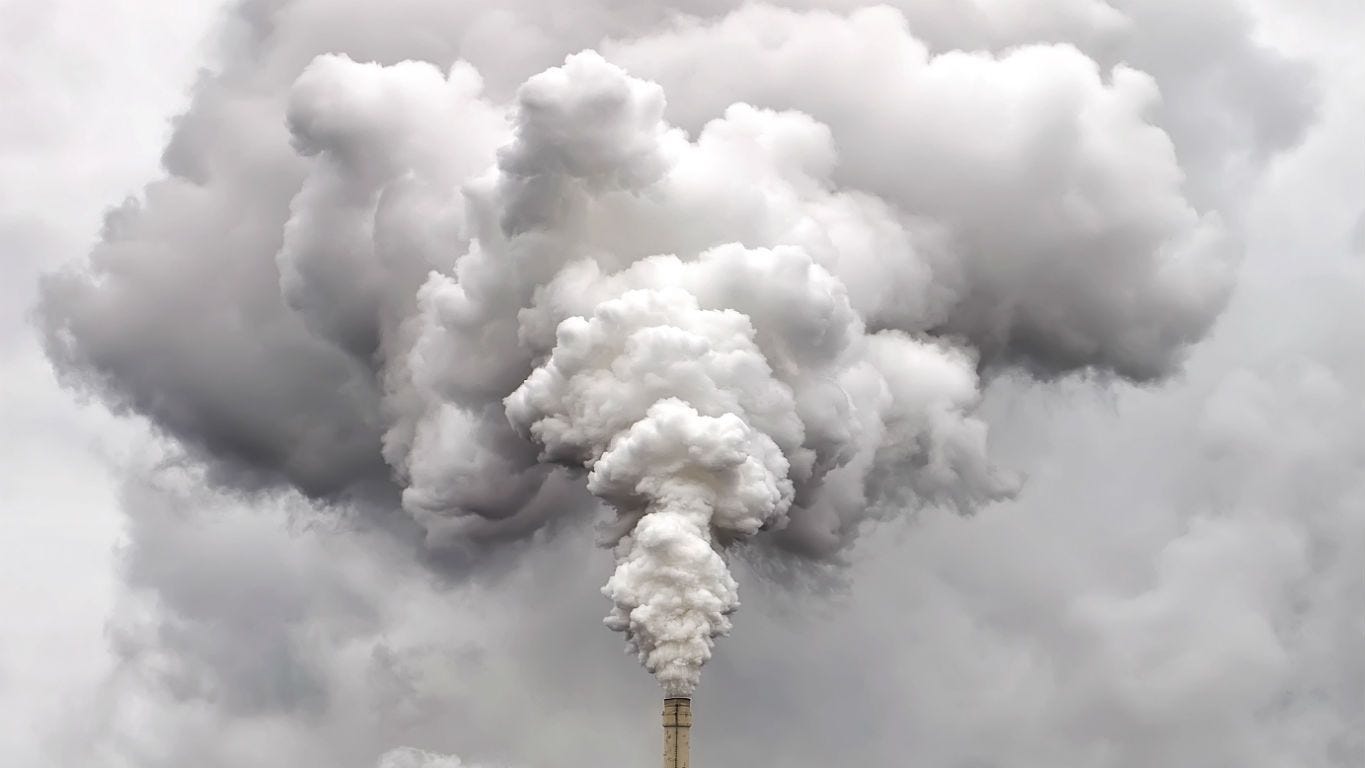11 Dec 2024

Tired Earth
By The Editorial Board

Cities in the United States may be under-reporting greenhouse gas (GHG) emissions by nearly 20 per cent, according to new research.
Urban areas are a major contributor to the climate crisis, accounting for 75 per cent of all carbon dioxide (CO2) emissions produced by burning fossil fuels.
Around the world, cities are expected to triple in size by 2030 with populations forecast to grow by 2 billion people.
To get a sense of emissions - and how they might go about reducing them - many cities estimate GHG levels using "self-reporting inventories", or SRIs, which follow one of a few publicly-shared frameworks.
However questions remain over the accuracy of SRIs as they are not subject to systematic, peer-reviewed assessment.
A new study, published on Tuesday in Nature Communications, found that cities were missing the mark on emissions calculations by 18.3 per cent, on average.
“Were the 18.3 per cent difference extrapolated to all US cities, the total would be 23.5 per cent larger than the entire 2015 California state emissions," the authors noted.
Analysis found that the vast majority of cities under-reported emissions. In one example, Indianapolis in Indiana was found to be underestimating emissions by 26.9 per cent.
But some cities - like Flagstaff, Arizona, and Madison, Wisconsin - were doing better than they thought and the SRIs were overshooting emission levels.
The research team from Northern Arizona University investigated the SRIs of 48 cities across the country. The sample cities accounted for 13.7 per cent of US urban emissions in 2015, and 17.7 per cent of the urban population at the time.
The study found that in emissions accounting, some cities omitted certain fuels, and estimated transportation emissions in different ways. But the authors also noted the difficulty that cities faced, as "the development of an SRI is a costly endeavor, placing a burden on city staff and resources".
Cities play both positive and negative roles in tackling the climate crisis. While urban development might make it difficult to switch to low-carbon pathways, the study notes, some cities have also been beacons of positive change.
In particular, US cities became a significant force in climate action during the Trump era amid a vacuum of leadership at the federal level.
The study was led by Kevin Gurney, a computing professor and senior sustainability fellow at the Global Institute of Sustainability and Innovation.
The team compared SRIs to independent estimates from the so-called "Vulcan Project" which aims to estimate “bottom-up” CO2 emissions in US fossil-fuel use and cement production.
The authors note that if cities are working with skewed data, it makes strategies to reduce emission levels less effective.
“For example, the city of Indianapolis has indicated that they aim to make a 20 per cent reduction in building GHG emissions between by 2025 relative to 2016 values,” the study says.
"However, with the 26.9 per cent underestimate found here, it will be difficult to know when and if this target is truly achieved or track progress towards it."
As a potential solution, the authors suggested, is a more "systematic" accounting of emissions that collaborates with city staff, using local knowledge and tailoring to local needs, that could be scaled nationally.
Source : www.independent.co.uk
Comment